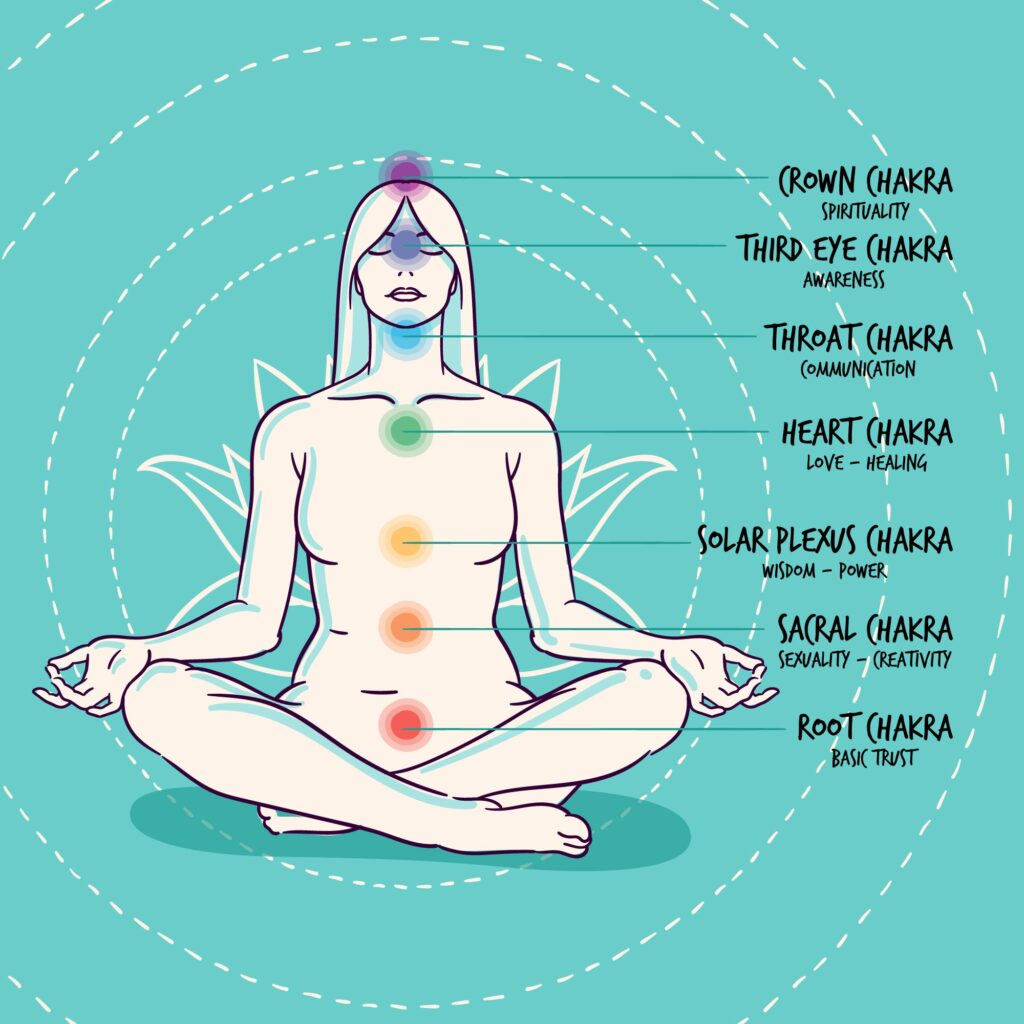Physical Address
304 North Cardinal St.
Dorchester Center, MA 02124
Physical Address
304 North Cardinal St.
Dorchester Center, MA 02124

According to Ayurveda, every individual’s body constitution (Prakriti) is formed by the unique combination of three vital energies — Vata, Pitta, and Kapha.
When one of these doshas dominates, it defines your body and mind type.
♨️ 1. Vata Prakriti (Air & Space Element)
Light, active, and dry in nature
🔹 Physical Traits:
• Slim, lightweight, and dry body structure
• Rough or dry skin, prone to itching
• Dry, thin, or light-coloured hair
• Delicate bones and weak joints
🔹 Mental Traits:
• Restless and anxious mind
• Difficulty focusing or maintaining attention
• Light, interrupted sleep
• Sensitive nervous system
🔹 Common Health Issues:
• Gas, constipation, joint pain
• Discomfort increases in cold weather
🔥 2. Pitta Prakriti (Fire & Water Element)
Hot, intense, and sharp by nature
🔹 Physical Traits:
• Naturally warm body temperature
• Reddish or glowing skin
• Hair may turn grey or thin early
• Excessive sweating
🔹 Mental Traits:
• Quick-tempered and irritable
• Intelligent and decisive
• Strong appetite and thirst
🔹 Common Health Issues:
• Acidity, heartburn, skin rashes
• Prone to heat-related discomfort in summer
💧 3. Kapha Prakriti (Earth & Water Element)
Cool, stable, and heavy in nature
🔹 Physical Traits:
• Strong and well-built body
• Smooth, oily, and radiant skin
• Thick, dark, and strong hair
🔹 Mental Traits:
• Calm, patient, and thoughtful personality
• Deep and long sleep
• Slow digestion and low appetite
🔹 Common Health Issues:
• Obesity, cold, cough, sinus issues
• Lethargy or excessive sleepiness
🌿 How to Identify Your Dosha Type
• Observe your body, digestion, habits, and personality traits.
• Find which dosha’s characteristics are most dominant.
• Many people have a mixed constitution — such as Vata-Pitta or Pitta-Kapha.
🧘♀️ Benefits of Knowing Your Prakriti
Understanding your body type helps you:
• Choose the right diet and daily lifestyle
• Maintain dosha balance for better health and well-being
• Prevent seasonal and lifestyle-related imbalances
⚠️ Disclaimer:
This information is for general educational purposes only. It should not be considered medical advice. For personalized diagnosis or treatment, please consult a qualified Ayurvedic practitioner or healthcare professional.